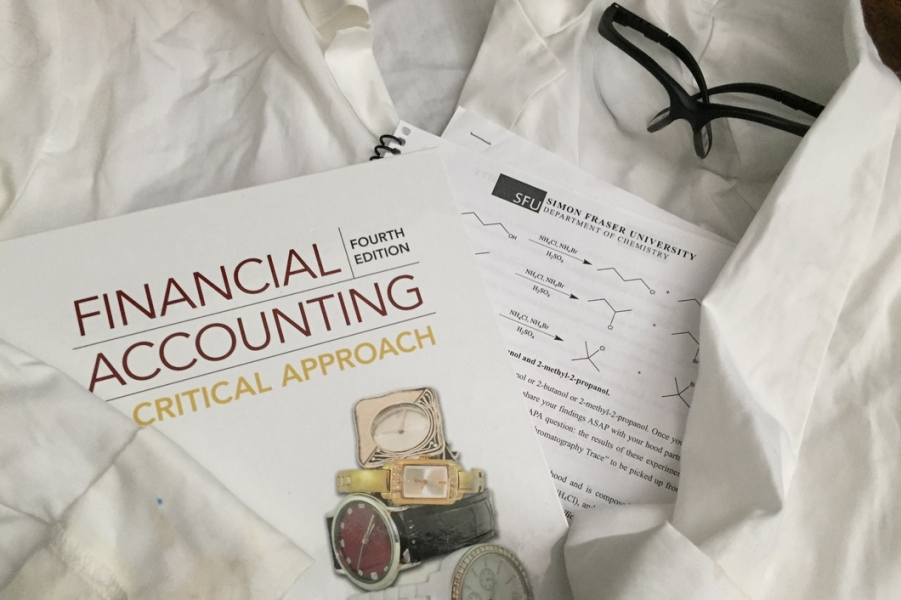
Normally when I tell people what my joint major is in, they tend to see my majors as complete opposites. They wonder how Molecular Biology and Biochemistry could be related to Business Administration, and automatically think of research positions in terms of science and entrepreneurs in terms of business. Initially, I also thought the same. It was because of that tunnel vision that I decided to join co-op. A chance to see what is out there besides the obvious, and to broaden my awareness of potential careers. It was also a way to bridge the two subjects together to diminish the indistinctness.
My first co-op placement was with a small corporation specializing in protein kinases called Kinexus Bioinformatics. They are involved in the production of products such as peptides and antibodies, as well as services related to micro-arrays. I obtained a position as a Sales and Marketing assistant, which mostly involved business skills (sales, accounting, etc.), however since this was a Biotechnology company, I was also exposed to the lab aspect of the company. This meant that I also did small lab related tasks such as simply prepping for colleagues who worked in the lab, or shipping end products produced in the lab. Essentially, I was involved in an array of steps between production and shipment. It starts off with ordering supplies for product development, setting up new customers with the company, packing and shipping the item, and finally sending out the final invoice after the item has arrived at its destination.
Having knowledge of both science and business enhanced my understanding of the company. My Molecular Biology and Biochemistry studies helped provide a deep understanding of what the company did and how they did it, while my business-related studies complemented the sales aspect. This position showed me how working in an industry based Biotechnology company differed from a research based company. So, although I did not have a laboratory position, it still helped me decide whether I would like to go into research or industry in terms of lab work for my next co-op placement.
Based on my experience, I believe that co-op is a great opportunity especially for joint majors. Here are three reasons why joint majors should do co-op (and anyone else for that matter):
After four years of your undergrad you may leave school and realize that you actually do not know what tasks are involved in the career path of your choosing. What does a senior peptide analyst actually do? Or what does a financial analyst do? Through co-op I was able to see various positions and their designated tasks. For example, it helped me realize that there were various lab positions and unique tasks for each one. Being aware of all the potential career outcomes will help when starting your job search.
As a Beedie student you may have countlessly heard the importance of networking and were bombarded with invitations to numerous networking events both in and outside of school. Don’t take it for granted! Networking is huge when it comes to finding a job and also when it comes to deciding on your career path. With co-op, you have the opportunity to network everyday by interacting with coworkers and discovering the path they took to get where they are. It allows you to be a first-hand witness to the outcomes of certain programs, and such information can be useful to yourself when you go back to school and plan your courses. Making connections with people you meet through co-op can also be beneficial when you come back to the work force a few years later.
One of the main things co-op students say they get out of co-op is experience, and it is a key component. You finally are able to apply the textbook theory to an actual real-life situation. For joint majors, it is great to get experience in both fields because it enables you to solidify or modify your choice of study. I found that after my first work term in the business field, I still wanted to explore the science field. Upon completion of my degree, my ideal job would be one that combines both disciplines; however, such a position might be difficult to come by, thus by participating in co-op I was able to experience each field and decide which one I’d like to pursue.
Beyond the Blog
-
To learn about more opportunities like Tarnjeet's, visit the Beedie Business and Science Co-op homepage.














